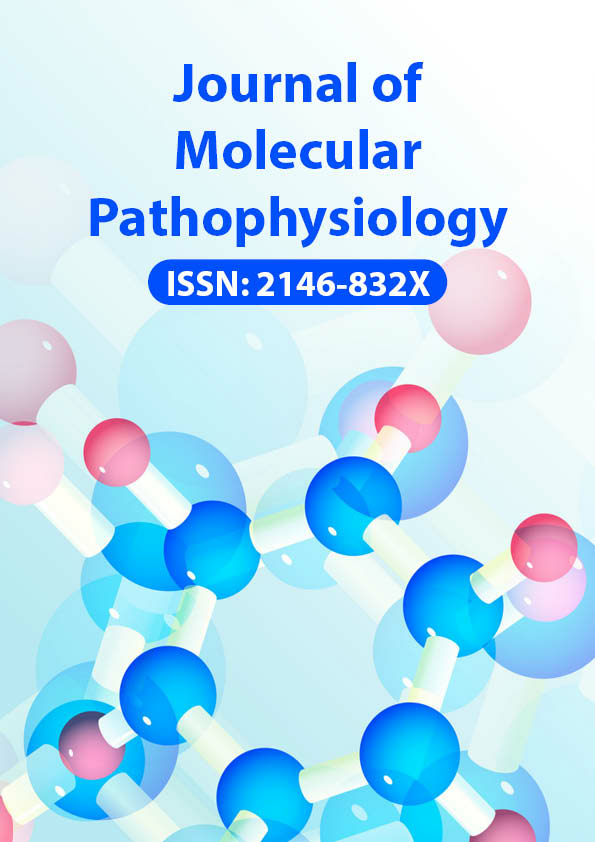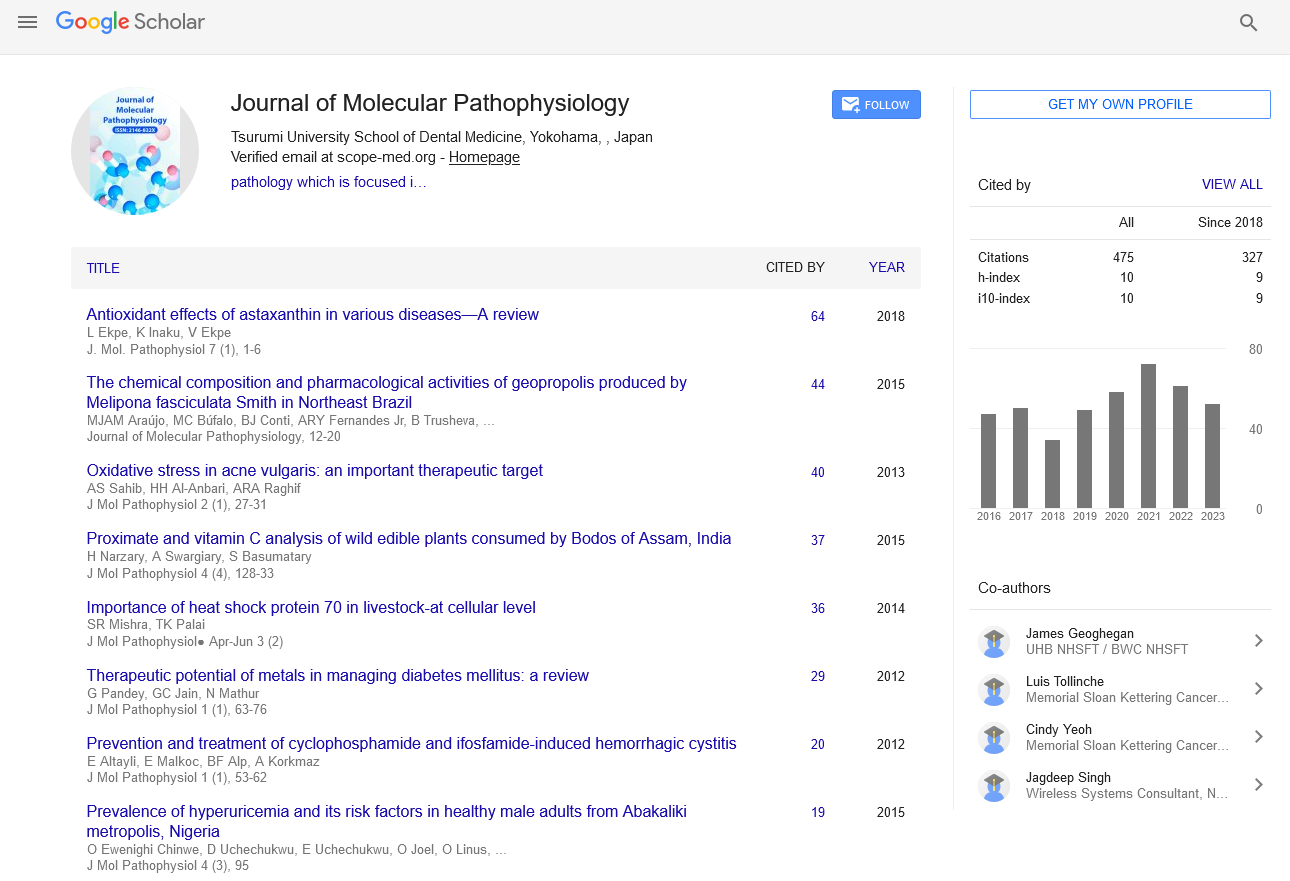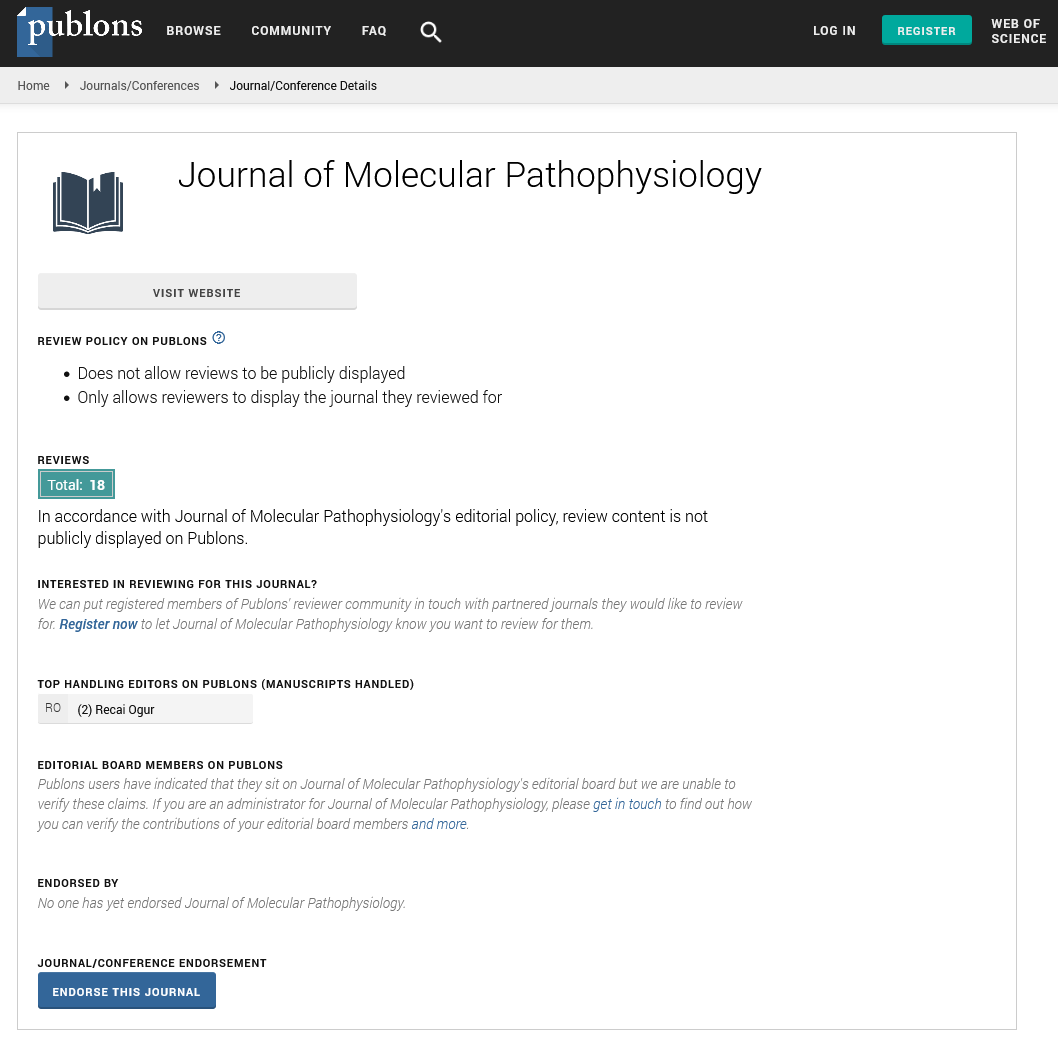Al-Baraa Akram El-Sayed
Department of Pharmaceutical Biotechnology, De Montfort University, Leicester, United KingdomPublications
-
Research
Effect of Antimicrobial Peptides and Chemicals Produced by Animals on Agrobacterium rhizogenes
Author(s): Al-Baraa Akram El-Sayed*
Agrobacterium rhizogens is the former name of Rhizobium rhizogens which is found mostly in soil and causes hairy root disease in the dicotyledonous plants. It induces the formation of proliferative multiple branched adventitious roots at the sites of infection, which is called hairy roots disease which are not yet resolved. Generally, the following steps can be used to separate the genetic transformation: In the first step, Agrobacterium rhizogens detects plant roots emit phenolic chemicals, which encourage the bacteria to adhere to the root. The second stage involves converting the t-DNA into Agrobacterium rhizogens cells, where T complexes are created. In the third phase, the type IV protein secretion system is used to transport T-complexes from the bacterium to the host plant’s genome. On the t-DNA of Agr.. Read More»







